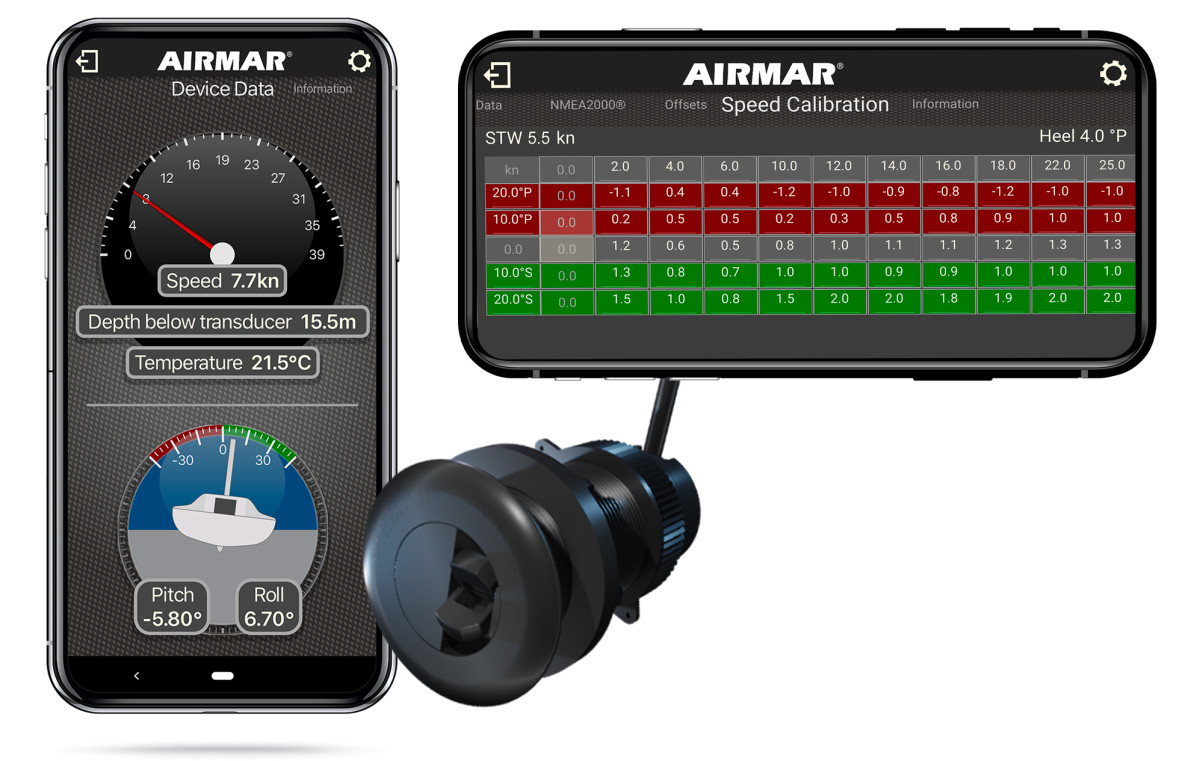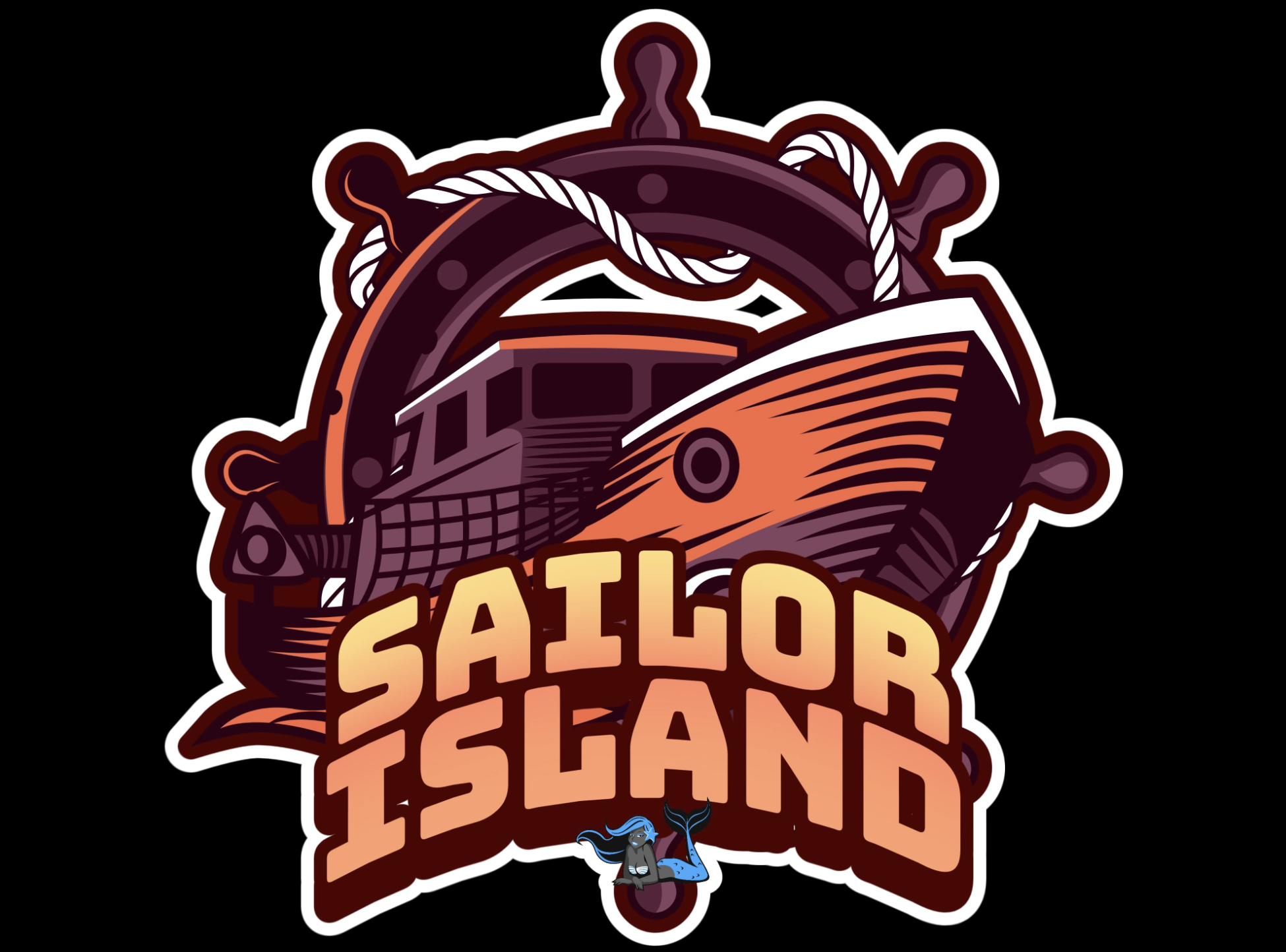

Images courtesy of Gemeco
Let’s be sincere: Transducers aren’t as attractive because the cool graphics and touchscreen capabilities of at the moment’s navigation and electronics packages. However the info that these packages ship, like velocity and depth, is simply nearly as good because the instrument that’s gathering it—and that’s the place the Airmar DST810 Good Multisensor is available in.
The DST810 (DST equals depth, velocity, temperature) contains a new paddlewheel design that delivers faster, smoother velocity knowledge. An accompanying free app, known as CAST, enables you to simply calibrate velocity, depth, and transducer offset, and most importantly, it allows these calibrations at completely different angles of heel.
The Gen2 paddlewheel, integral to the DST810 Good Multisensor, senses velocity as little as 0.3 knots and turns into linear at 0.6 knots, outperforming different wheels that want extra velocity to start delivering knowledge. In case you’re a aggressive sailor, or only one who enjoys pushing your boat’s efficiency, this implies you’re getting extra constant velocity knowledge sooner. It’s additionally smoother, as a result of the brand new sensor’s velocity output decision is at 5.7 hertz—about 5 instances per second—in contrast with earlier sensors that delivered at 1 hertz, or about one time per second.
“The least considered factor of a velocity probe is the wheel,” says Zack Floyd, Airmar’s product and technical help supervisor. “But it surely’s additionally a very powerful factor. That is designed to be way more environment friendly and correct.”
The DST810 Good Multisensor additionally features a new built-in perspective sensor, which suggests sailors can calibrate speeds beneath a number of angles on port and starboard tacks. These superior velocity calibrations have been beforehand solely out there via costly software program, however coupling the DST810 with Airmar’s free CAST app and Bluetooth implies that sailors can simply and intuitively generate heel-compensated velocity calibrations throughout heel angles and velocity ranges.
Utilizing the CAST app, the sailor can calibrate and save all the knowledge to the transducer, whatever the model of devices they’re utilizing for knowledge show. These calibrations are saved within the unit after which delivered to the NMEA 2000-certified system.
“After we take that out of the realm of OEM necessities, we management how we would like calibration to be achieved and configured,” Floyd says. “It’s a product that revolutionizes connectivity in the way in which you may calibrate this probe.”
The DST810 is available in plastic, stainless-steel, or bronze—MSRP $442, $652, and $562, respectively. Gemeco.com.

Trending Merchandise
[product_category category=”trending” per_page=”8″ columns=”2″ orderby=”date” order=”desc”].
